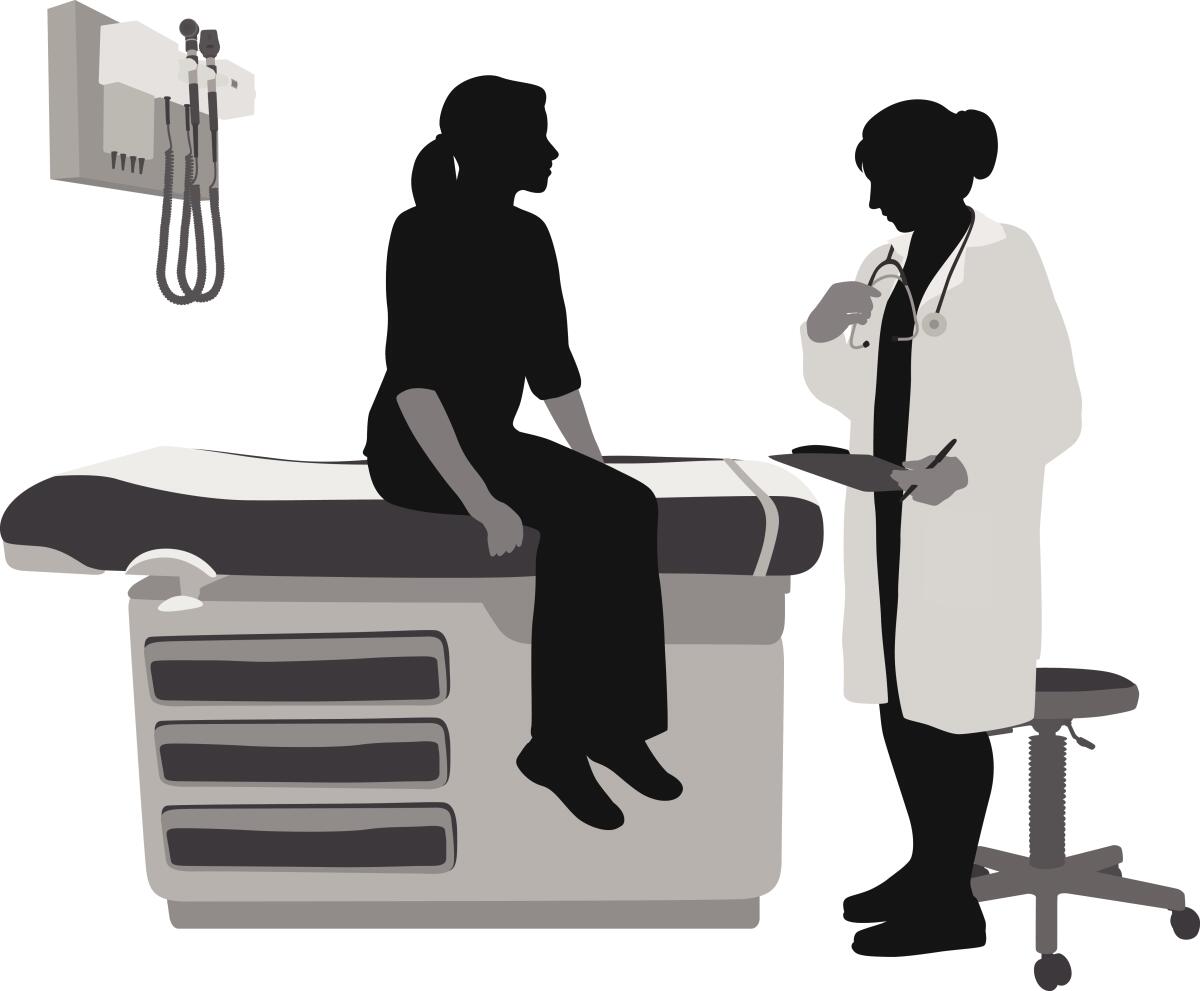Op-Ed: Does your doctor speak your language?

Imagine that you woke up with weakness in your right arm and difficulty speaking. You’re a Spanish speaker and you go to the emergency room, where the doctor attending to you took Spanish in high school. Because the ER is busy, he decides he can get by without an interpreter. You tell him about your symptoms, and that you are worried you might be having a stroke. The doctor understands the Spanish word for “arm” but is not clear about the rest. After a quick physical exam, he sends you to get X-rays to rule out a broken arm. Meanwhile, your condition worsens.
Research suggests that it’s not uncommon for doctors to overestimate their own language abilities. In one study, researchers compared medical residents’ self-reported Spanish proficiency with their proficiency as measured by an objective test. They found that 1 in 3 residents who classified themselves as proficient did not test as such. Despite this, residents at all proficiency levels reported sometimes discussing clinical care with patients and families in Spanish without the aid of an interpreter.
When I began working at Kaiser Permanente, I passed both the Spanish and Mandarin versions of the Clinician Cultural and Linguistic Assessment, which assesses physicians’ ability to communicate medical information in non-English languages. At Kaiser Permanente medical centers in Southern California, only doctors who pass this exam in a particular language may communicate directly with patients in that language without using an interpreter.
Interpreter services are easily accessible at Kaiser Permanente — options include in-person, video and phone interpreters, as well as members of the staff, including nurses or medical assistants, who have passed a test. Unfortunately, not all hospital systems have these services readily available.
Many medical institutions do not offer or require language proficiency testing for physicians. In the absence of clear standards, it can be hard for doctors to accurately assess their own language skills. At the medical center where I completed my residency, physicians were left to decide for themselves whether to use an interpreter. I saw how this created the potential for medical errors.
A Korean American resident I know told me that he was once asked by his attending physician to have a conversation with a patient in Korean; he found himself struggling to discuss a cancer diagnosis using his first-grade-level knowledge of the language. On another occasion, my attending physician misunderstood a Spanish-speaking woman and thought she was complaining of chest pain; the doctor ordered several unnecessary tests to rule out a heart attack.
When I noticed instances of unclear communication between doctors and non-English-speaking patients during my medical training, I rarely spoke up. The hierarchical nature of the medical profession can make it challenging for a trainee to stand up to a more senior physician. It can also be awkward to confront other people about their language skills.
Things might have been different if a system of language proficiency testing had been in place. The Korean American resident could have told his attending physician, “I haven’t passed the language proficiency exam in Korean, so we need to use an interpreter.” And I might have felt more empowered to point out to my attending physician that an interpreter was needed.
For the safety and benefit of patients, doctors take several licensing and board certification tests to ensure competency. Yet every day patients whose preferred language isn’t English are being treated by doctors who aren’t using an interpreter and aren’t proficient in the language.
Despite a presence of nearly half a century in the U.S., Cambodians and Vietnamese continue to struggle with social inequities, including access to culturally sensitive healthcare. Orange County is home to approximately 195,000 Vietnamese and 7,000 Cambodian residents.
Providing interpreter services is important, but it is not enough to solve the problem. If there are no clear guidelines for doctors to look to when determining whether an interpreter’s services should be used, they are left to their own judgment. That’s why healthcare institutions should require doctors to either pass a language proficiency exam or use an interpreter. Even though these exams aren’t perfect, they establish clear standards, removing confusion for physicians and improving patient care.
Additionally, larger institutions could offer language courses and provide incentives such as financial bonuses or extra vacation to physicians who pass language proficiency exams.
The best doctor-patient relationships involve trust and communication. To help ensure optimal patient care, healthcare institutions need to establish consistent standards around the language proficiency of physicians. After all, if doctors can’t understand when patients tell them what’s wrong, how can they provide proper treatment?
Mimi Zheng is a physician in Downey.
More to Read
A cure for the common opinion
Get thought-provoking perspectives with our weekly newsletter.
You may occasionally receive promotional content from the Los Angeles Times.






